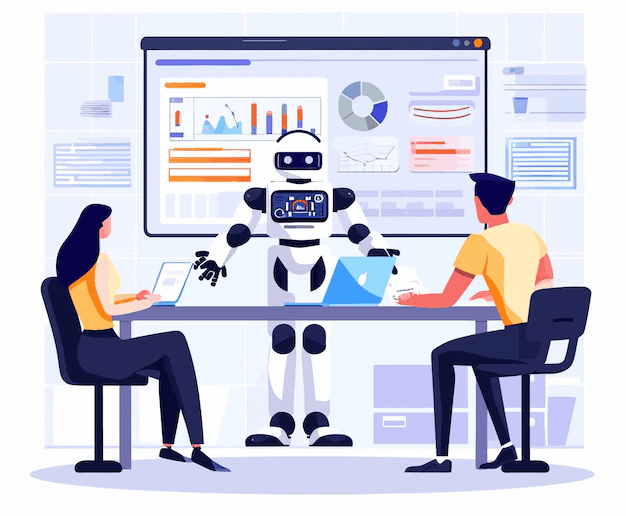Transforming GTM Strategies with AI: Deep Insights, Personalized Outreach, and Continuous Improvement

If you think back to how businesses used to approach go-to-market (GTM) strategies, it was all about cold calls, mass emails, and gut instincts. Some of these tactics worked back then, and might still work today, but the cracks in the system are still there—slow, inefficient, and often a hit-or-miss. Today, with the use of AI, outbound GTM strategies are much more precise and have proven to produce incredibly better results.
Sales teams spend countless hours cold calling, hoping to connect with a prospect who not only has time but also interest. Meanwhile, outbound campaigns often feel like shouting into a void—high effort, low ROI. People are busier than ever and expect personalized, timely, and relevant outreach. That's where AI comes in, fundamentally transforming how businesses understand and engage their target audience.
AI is revolutionizing the GTM process by creating a deep understanding of your product and audience like never before. It's not just about automating tasks; it's about truly grasping what your product offers and how to connect it with your ideal customers. Imagine having a tool that knows your product inside and out and can position it in a way that highlights its unique advantages for each specific customer segment.
AI in Action
AI can uncover behavioral patterns, preferences, and even buying signals. For instance:
- Example 1: A SaaS company selling collaboration tools uses AI to analyze LinkedIn activity, identifying businesses experiencing a surge in remote work hiring. This insight helps them prioritize outreach to prospects who are more likely to need their solution.
- Example 2: An enterprise cybersecurity vendor deploys AI to monitor industry-specific news, flagging organizations recently affected by data breaches. With this intelligence, they can offer timely, relevant solutions when the pain point is fresh.
Crafting Messages That Actually Resonate
Here's where AI really shines. It doesn't just generate catchy slogans; it tailors communication to meet the specific needs, interests, and pain points of your target audience. Some people respond to FOMO (fear of missing out), while others are motivated by exclusivity or social proof. AI tests these approaches to discover what works best for each customer segment.
Generic messaging is no longer effective. AI can craft hyper-relevant content based on audience insights:
- Example 3: A fitness app uses AI to segment users by motivation, creating separate campaigns for "fitness beginners" vs. "seasoned athletes." Beginners receive encouragement-focused messaging, while athletes get high-performance tips.
- Example 4: An AI-powered tool detects that certain prospects respond well to social proof, such as testimonials, while others are more influenced by urgency. It adjusts emails dynamically to emphasize the right triggers for each segment.
This isn't just automation; it's personalization at scale.
Continuous Learning and Improvement
AI-driven GTM strategies are about delivering real results. AI tracks performance in real-time, analyzing engagement metrics, lead generation rates, and conversion statistics. This means your GTM strategy becomes smarter with every iteration—constantly improving and adapting to changes in the market. By attributing leads and revenue to specific efforts, AI provides a clear picture of what's working and what isn't.
One of AI's greatest strengths is its ability to learn and improve over time:
- Example 5: A B2B SaaS company leverages AI to track campaign engagement metrics in real-time. When a particular email subject line underperforms, the system dynamically adjusts it for future sends to increase open rates.
- Example 6: A retail company runs AI-driven A/B tests to determine the best-performing ad creatives across regions, refining them to maximize conversions.
By attributing leads and revenue directly to these optimizations, teams can double down on what works and cut what doesn't—fast.
GTM strategies are about meeting customers where they are—acting faster, connecting better, and achieving more meaningful results. Real-time insights help teams adapt instantly; personalized communication builds trust; smarter campaigns lead to better outcomes.
The future of GTM is smarter, faster, and more personalized than ever before. Are you ready to leave those outdated methods behind and step into this exciting new era?